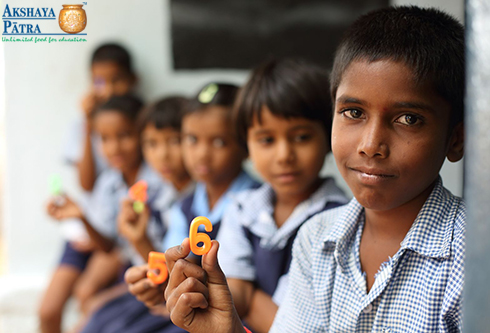UNESCO commemorates International Literacy Day on September 8, every year. It is to bring awareness and promote the importance of education. India’s scene in term of literacy is not so desirable.
- According to a survey, India's literacy rate increases ‘lethargically’
- A 1990 study estimated that it would take until 2060 for India to achieve universal literacy
- According to the 2011 census, India had a literacy rate of 74.04 percent
- In the year 2014, the literacy rate of India increased by 10 percent
How is India looking forward to tackle the challenge?
It has to start from the root, the children. The Government of India launched ‘The Sarva Shiksha Abhiyan (Hindi for Total Literacy Campaign was in 2001 to ensure that all children in the 6–14-year age-group attend school and complete eight years of schooling by 2010. The Education Guarantee Scheme and Alternative and Innovative Education are two important aspects of the campaign, meant primarily for children in areas with no formal school within a one kilometre radius.
The Akshaya Patra Foundation, as an NGO runs the mid-day meal programme to provide nutritious food to the school children and promote education thus, providing substantial support to ‘Sarva Shiksha Abhiyan’. The programme has grown from feeding 1,500 children in the year 2000 to 1.4 million children in 2014. Today, this organisation feeds free mid-day meals to school children in 10,845 Government schools and Government-aided schools. The organisation currently has its presence in 24 locations across 10 states in India.
The not-for-profit organisation’s vision is—‘No child in India shall be deprived of education because of hunger’. To achieve this vision, Akshaya Patra provides ‘unlimited food for education’.
The programme has brought back children to schools, increase attendance, decrease drop-out rate, and promote socialisation. All will directly impact in increasing the literacy rate amongst children in India.
How can you help?
You can be a volunteer to the NGO. You can support a child with mid-day meal for year. This activity will lead to successful implementation of the mid-day meal programme eventually resulting in children getting educated.



